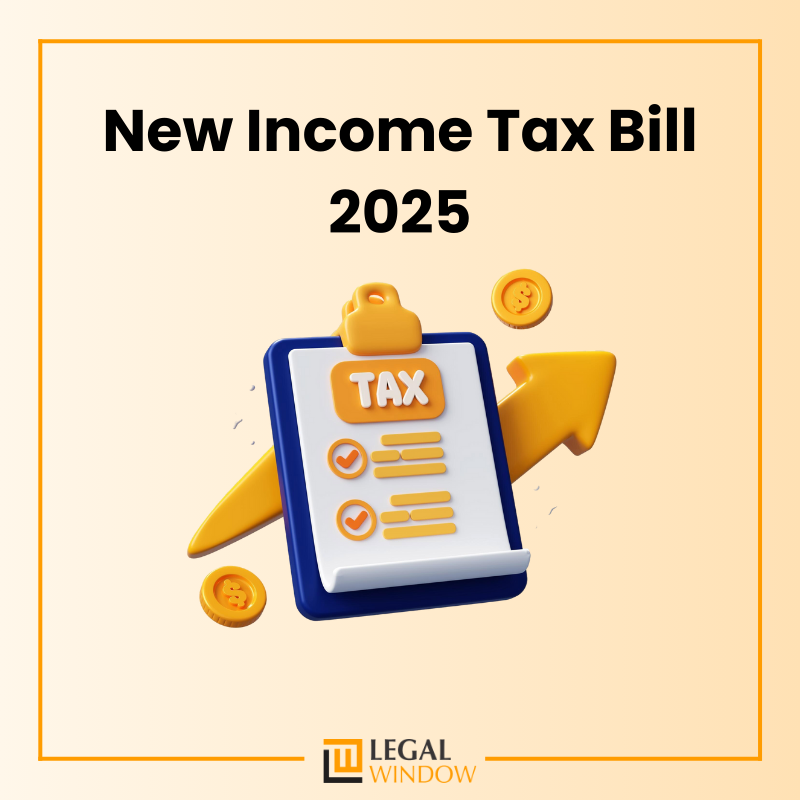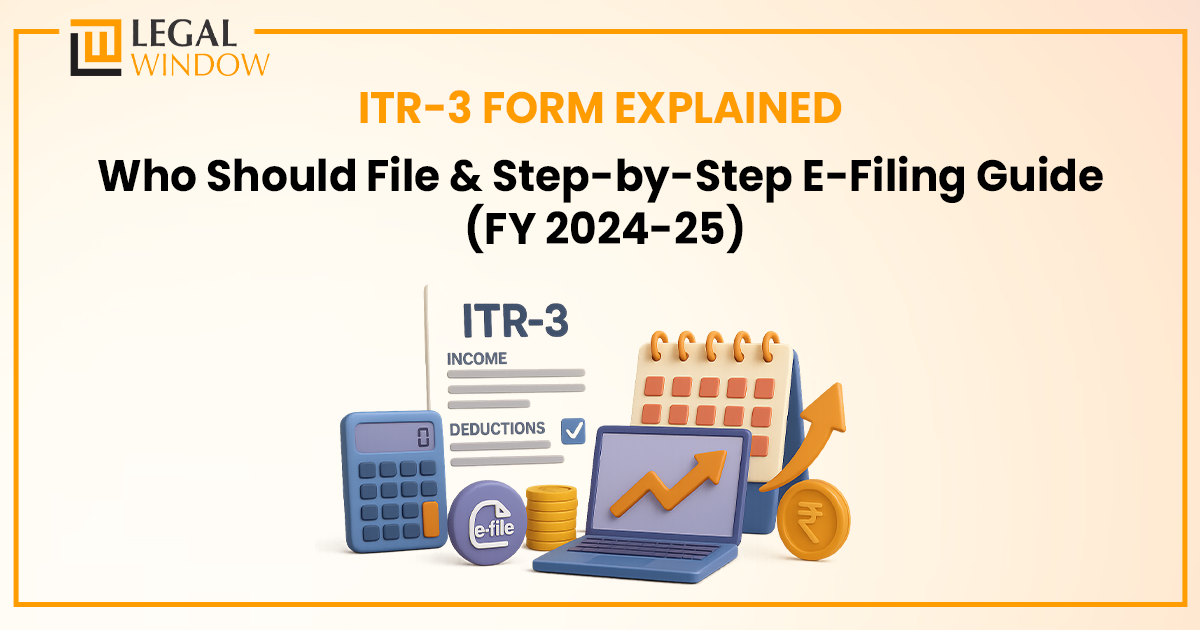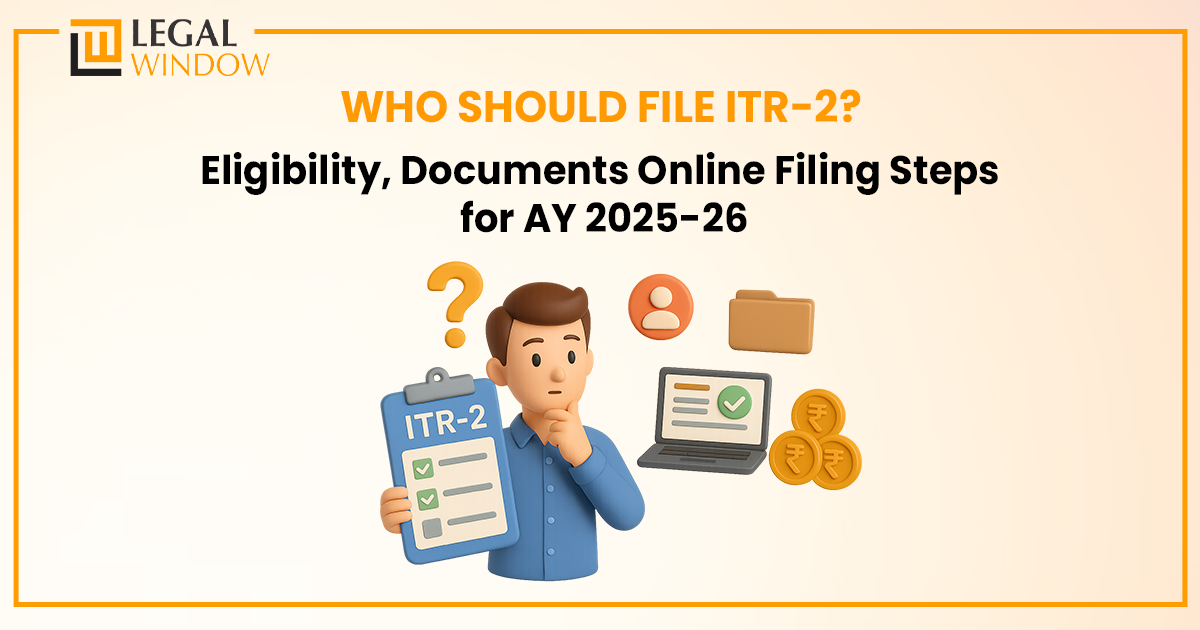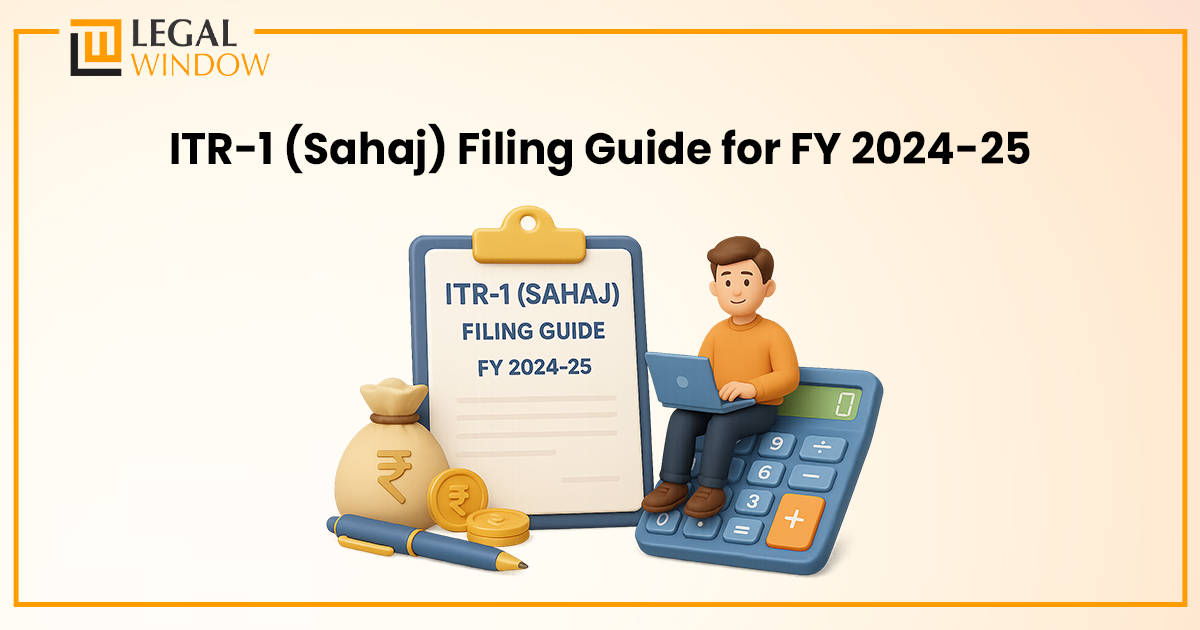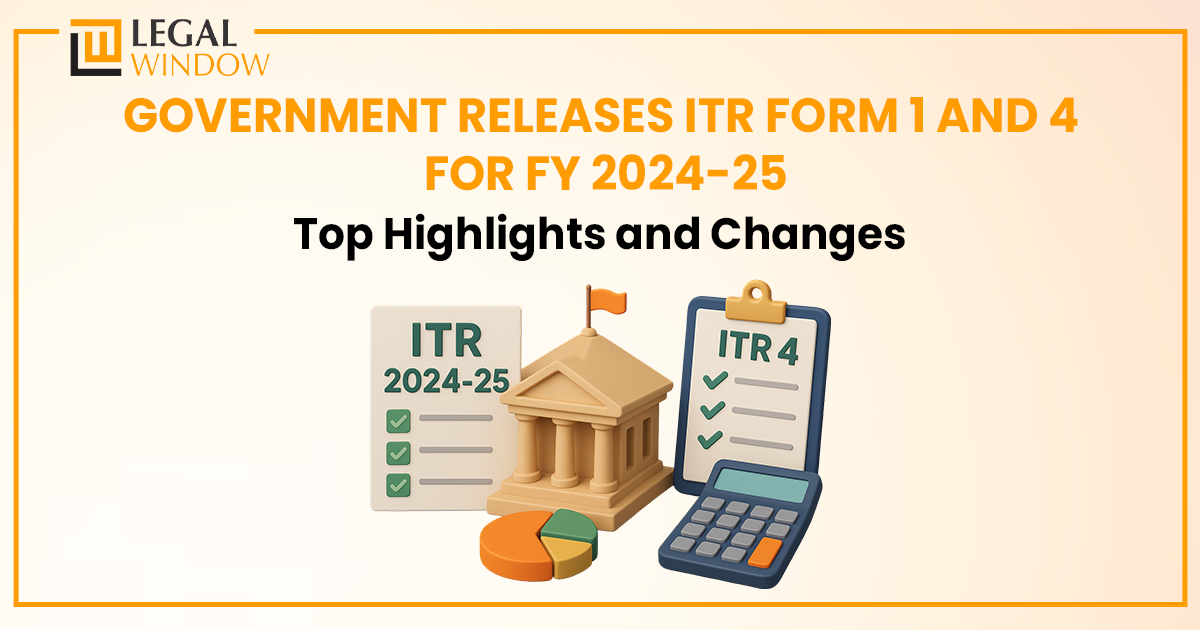Latest Post and Updates

The 56th meeting of GST Council chaired by Union Finance Minister Mrs. Nirmala Sitaraman has now approved the next-generation GST reforms, focusing on improving the life of the common man and ensuring ease of doing business for all, including small businesses. On the Independence Day, Prime Minister Shri Narendra Modi…
The Income Tax Bill, 2025, was introduced in the Lok Sabha on 13 February 2025. It tries to replace the Income Tax Act, 1961. This bill retains most of the provisions of the 1961 Act. It aims to simplify the language primarily and eliminate unnecessary provisions. Regimes and tax rates…
Introduction ITR 3 Form is suitable for individuals and Hindu Undivided Family (HUFs) who earn income by a profession or business. This form is applicable for the assessment year 2025-26, corresponding to the financial year 2024-25. Income eligible for ITR 3 You run your own business or work professionally—whether or…
ITR-2 Guide 2025: Eligibility & E-Filing Steps For many of us, tax season brings a familiar mix of anticipation and apprehension. If you are an individual or a Hindu Undivided Family (HUF) with income flowing from your salary, a rented property, or even from smart investments like stocks and real…
ITR-1 (Sahaj) Filing Guide for FY 2024-25: Who Should File & How to E-File Step-by-Step (AY 2025-26)
Introduction Generally, the tax season can often feel like a difficult task, filled with complex forms and confusing jargon. But what if we told you that for many Indian taxpayers, filing an income tax return is simpler than you think? If you are a salaried individual, receive pension income, or…
The government of India has made stringent Drug License laws to regulate the production, storage, and sale of drugs and medicines in the market. The main end-to-end regulatory framework legislation dealing with drug license laws is the ‘Drugs and Cosmetic Act, 1940’. It aims to stop the manufacturing and sale…
A Limited Liability Partnership Firm (LLP) is a flexible entity in which every partner's liability equals the contribution he/she makes to the Partnership. There are at least two partners, and such partnerships are formed to spread out risks, have talented individuals as founders, and enjoy division of labour. One…
Introduction India's Central Board of Direct Taxes (CBDT) released the much-awaited Income Tax Return (ITR) Form 1 and 4 under the Income Tax Rules, 1962, with Amendments in Income Tax Rules done in 2025. The ITR Forms 1 and 4 are for 2024-25 (and the Assignment year of 2025-26)…
How to Get an FSSAI License for Home-Based Food Business The Indian food market is witnessing a boom in home-based food businesses, and the government has improved the registration process for FSSAI licenses for home kitchens and made it simpler for entrepreneurs. Today, in this article, we will talk…
Compliance Calendar for Calendar Year, 2025-2026 The Compliance Calendar for the Financial Year 2025-26 (Assessment Year 2026-27) outlines the key compliance obligations for taxpayers under the Income Tax Act, 1961; the Goods and Services Tax (GST) Act, 2017; the Companies Act, 2013; and other corporate regulatory requirements applicable for the…
Categories
- Agreement Drafting (23)
- Annual Compliance (13)
- Change in Business (37)
- Company Law (150)
- Compliance (90)
- Digital Banking (3)
- Drug License (4)
- FEMA (17)
- Finance Company (42)
- Foreign Taxation (9)
- FSSAI License/Registration (15)
- GST (124)
- Hallmark Registration (1)
- Income Tax (214)
- Latest News (36)
- Miscellaneous (170)
- NBFC Registration (8)
- NGO (18)
- SEBI Registration (6)
- Section 8 Company (10)
- Start and manage a business (27)
- Startup/ Registration (134)
- Trademark Registration/IPR (48)


